What to Know About Sepsis and RecoverySepsis is a condition that affects the whole body and requires quick action. Families with senior loved ones need to understand sepsis so they can react appropriately when faced with the signs of sepsis. This life-threatening condition affects at least 1.7 million adults in America every year, and without timely treatment, it can lead to organ failure and sometimes death. To best protect yourself and your family, it's essential to know the common risk factors for sepsis and what treatment options are available. Learn more about this serious condition from the team at BrightStar Care.What Is Sepsis?Sepsis is a medical emergency that occurs when an infection triggers an extreme immune reaction. Instead of attacking the infection, sometimes the immune system starts to damage normal tissue and send inflammation through the body. If it's not treated quickly and properly, sepsis can cause tissue damage, organ failure and in some cases death. Some people are at higher risk of sepsis than others, particularly if they have any of these risk factors:A weakened immune systemChronic medical conditions, including diabetes, lung disease, cancer and kidney diseaseA recent severe illnessCurrent or recent hospitalization for a severe illness or surgeryTrauma injury such as severe burnsAged 65 and olderA previous sepsis diagnosisRecognize the Signs and SymptomsThis condition can be dangerousso what are the symptoms of sepsis? Identifying sepsis in older adults can be challenging. It's not uncommon to confuse sepsis with cardiac, renal or immune problems. With this in mind, it's even more important to know the tell-tale signs of sepsis and get help immediately. According to the CDC, individuals with sepsis may have a combination of these symptoms:Fever and chillsShortness of breath and difficulty breathingClammy or sweaty skinConfusionRacing heart or weak pulseExtreme painLow blood pressureCaring for Seniors with SepsisWhen it comes to caring for seniors with sepsis, hospitalization is often necessary to provide the appropriate level of medical care and treatment. It's all about timely carean older patient's best chance for survival is a rapid response. If you notice symptoms of sepsis, head to the emergency room immediately. Upon arrival, doctors will begin treatment right away, administering fluids and antibiotics.For many caregivers, a sepsis scare makes them feel powerless. While caregivers will need to let doctors take care of the medical aspect, they can play a crucial role in recovery. They should remain aware of symptoms and encourage the following prevention measures:Stay hydratedWash hands frequentlyMaintain a healthy dietEnsure immunizations are up to datePractice good oral hygieneTreat cuts and wounds promptlySeek medical care at the first sign of infectionCommon Sepsis TreatmentsPrompt treatment is essential when dealing with sepsis symptoms in older adults. Fortunately, healthcare professionals are trained on the proper steps to take when an individual begins showing signs. While everyone will require a unique treatment approach, these interventions have been effective at combating sepsis:Antibiotics: Treatment with antibiotics is a proven way to treat sepsis. These medications target infection-causing bacteria and stop their spread throughout the body. Once blood tests reveal what is causing the infection, a specific antibiotic can be administered to help.IV Fluids: In addition to antibiotics, most people need intravenous fluids to maintain blood pressure and prevent dehydration. IV fluids ensure the organs continue to function and can help reduce damage from sepsis.Oxygen Therapy: Sepsis patients may need supportive care in the form of oxygen therapy.Vasopressors: Vasopressors are used when a patient's blood pressure drops. They narrow the blood vessels and promote a rise in blood pressure.Surgery: In some cases, surgery is necessary to remove the infected tissues causing sepsis.Intensive Care: Most people diagnosed with sepsis will need care from a hospital's intensive care unit. Here, they can receive the life-saving treatments they need.Recovering From SepsisRecovering from sepsis is often difficult. Nevertheless, sepsis survivors may be able to recover completely and return to their normal lives. While there are typically some long-term effects, plenty of people have recovered from sepsis thanks to a combination of in-home care, hospital stays and physical rehabilitation. Recovery looks different for everyone, but many benefit from the following:Physical Rehabilitation: After surviving sepsis, physical rehabilitation begins in the hospital. This involves gradually regaining mobility and strength through exercises and movement. The goal is to rebuild muscle tone, improve coordination and restore physical function.Ongoing Monitoring: Sepsis can have long-term effects and lead to organ dysfunction. With this in mind, it's important to consistently monitor your loved one for symptoms. Regular check-ups with a primary physician are critical.Emotional Support: Recovery is often an emotional battle as well as a physical one. Sepsis patients have been known to deal with depression, anxiety and confusion, even once they've returned home. Family caregivers may provide emotional support themselves or coordinate companion care with a local provider.Tips for Home RecoveryTime is of the essence when responding to sepsis, but recovery time is a different story altogether. Recovery is anything but quick, and many sepsis survivors have a long road ahead of them. Thankfully, there is plenty you can do to help your loved one recover from home. Try these approaches to streamline the recovery process:Help your loved one set achievable goalsthis could be walking up a few stairs or taking a couple of stepsEncourage them to rest as much as necessaryGive them a space to express their thoughts, whether that's verbally or in a journalProvide a balanced dietAssist your loved one with light exercise regimens approved by their doctorSeek a mental health counselor to meet with your loved oneHearing that your loved one has sepsis is nothing short of terrifying. However, recovery is not as impossible as many think. With your caregiving and help from the team at BrightStar Care, your loved one may regain the ability to do most of their favorite activities. We focus on compassionate care for every client and their family, providing guidance and support every step of the way. Call today to learn more 303-300-6666.



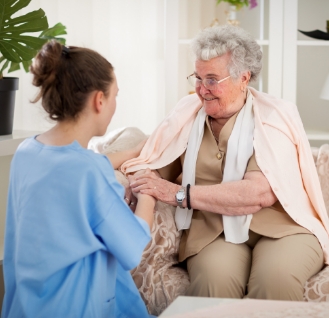



































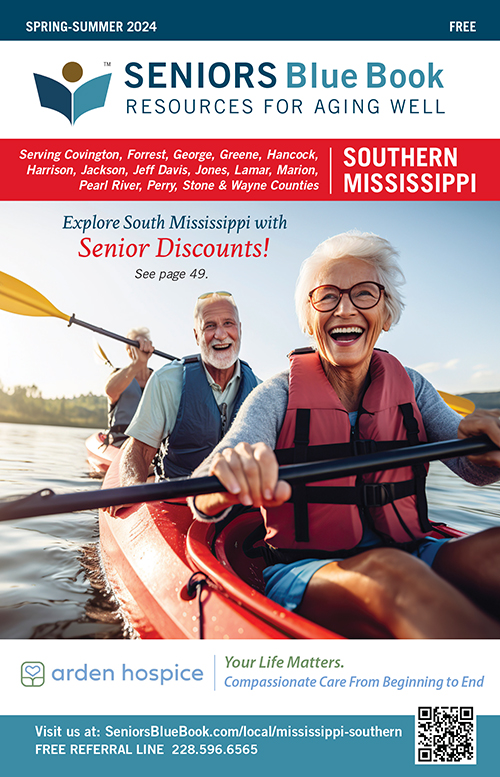
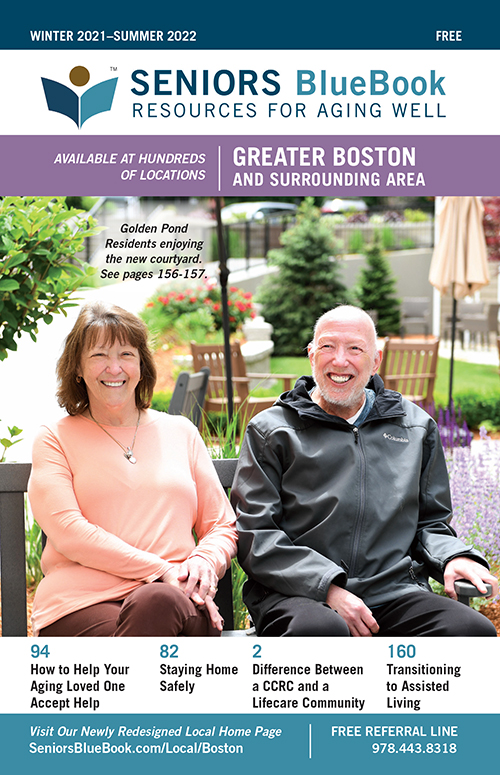
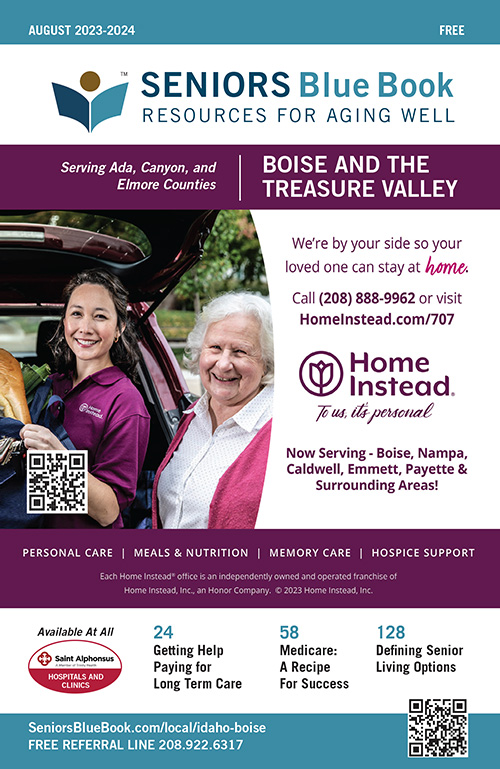
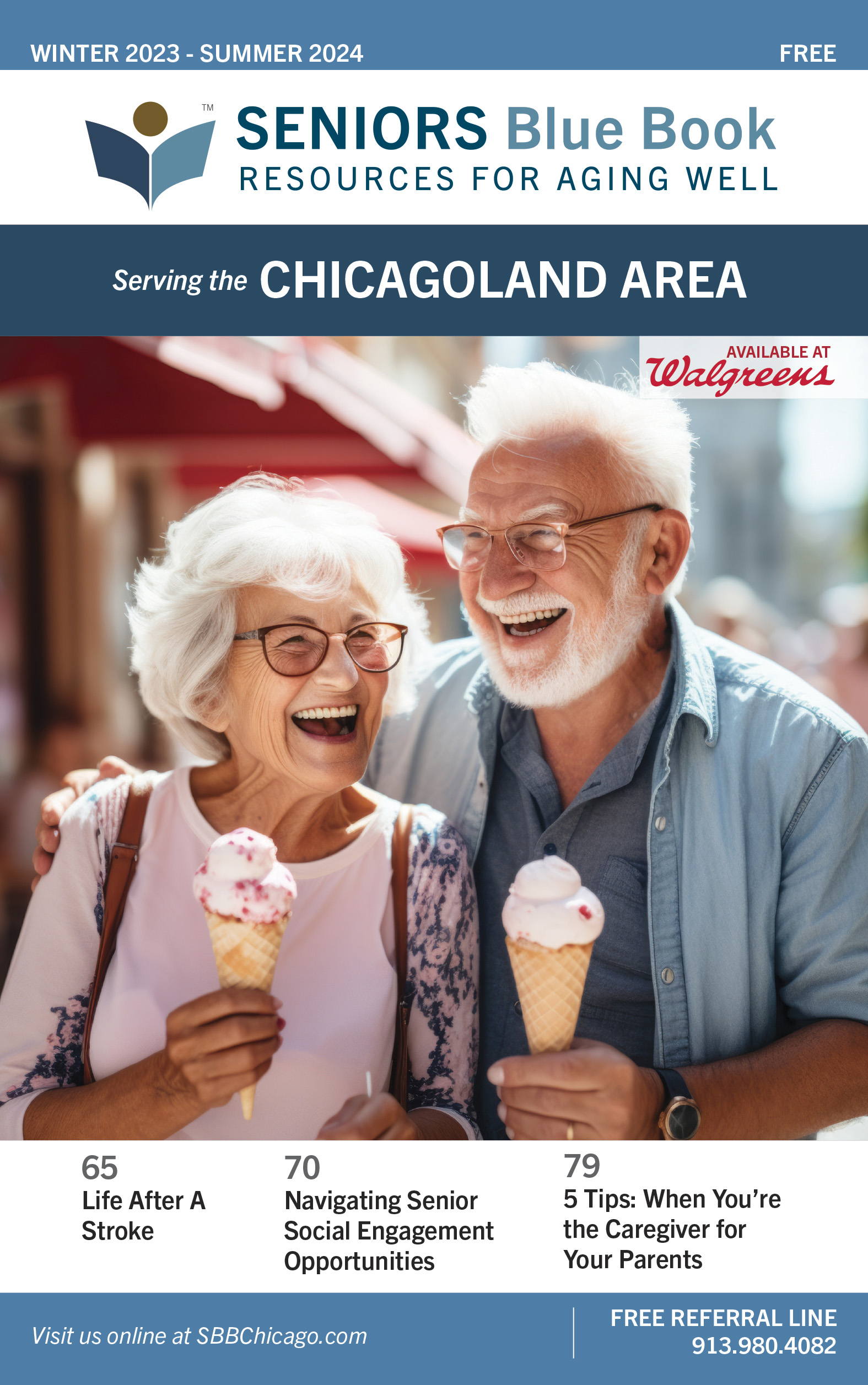
.jpg)

